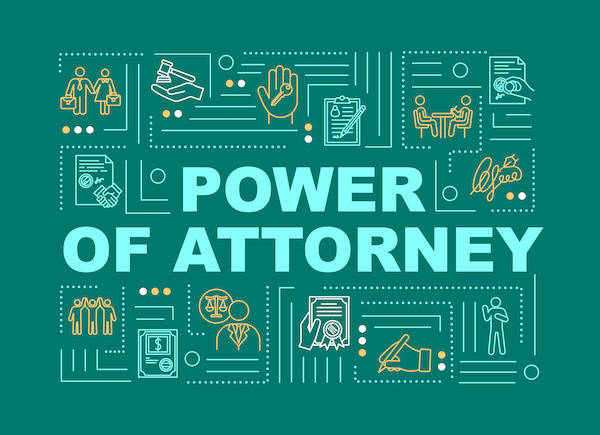Ways to Protect Yourself When Appointing a Power of Attorney

Whether to appoint someone as your Power of Attorney (technically speaking your “Agent under Power of Attorney”) is a personal decision but one, as an elder law attorney I generally recommend. Experienced lawyers from The Law Office of Deidra N. Haynes LLC serving Indianapolis says that sometimes, though, seniors especially can experience difficulty deciding who to appoint and understandably so. Children may have moved away or lost touch. Old contacts may have died or become disabled. You cannot trust everyone and criminal cases based on misuse of a power of attorney do exist.
Disability can strike suddenly and is one of the major reasons to appoint an agent while you are well and able to make intelligent decisions. On the one hand I have seen instances where an individual becomes disabled without having signed a Power of Attorney, something that can be acquired at reasonable cost and with minimal aggravation, and the only alternative there is for an interested party to file for guardianship. Guardianship is time consuming, expensive even when not contested, can limit the individual’s freedom, and may result in appointing someone the person would not want. Guardianship can, however, be the right answer in the right case.
On the other hand those seniors who believe that Powers of Attorney are powerful documents and require thought are right.
Here is how to keep you, the senior, in the “driver’s seat” when designating an Agent under Power of Attorney.
- Choose your Agent well. The number 1 way to prevent financial exploitation by an Agent under Power of Attorney is to choose your Agent well while you are in good physical and mental health. In our office we use the “checkbook across the table” rule. This means you would feel confident taking your checkbook and handing it across the table to the person you are appointing and he or she would act responsibly, act in your best interest, follow through in paying bills appropriately, consult with Power Of Attorney Services experts where expert advice is needed, keep a record of transactions, and be scrupulously honest when it comes to handling your funds and your assets.You should not choose your Agent based only on whether that person is your oldest child or whether there would be hurt feelings. If your Agent is experiencing money problems herself or himself this might not be the time to appoint since the stress could be too great.
- Have backups. There should almost always be at least one backup Agent under Power of Attorney appointed. If your primary agent becomes disabled or unavailable, someone needs to step up and act.
- Have the document tailored to your specifications. Powers of attorney not the same. You could give unlimited power, limited power, or no power to gift and you should know why in each case. You could give control over handling of your business or corporation, or not. Gifting could be allowed so long as your needs have been satisfied and without dissipation of your estate. Limited gifting means $15,000 per person per year. That might be too much or not enough. You could give power to cash in insurance policies for your needs but not allow the Agent to change beneficiaries.If you want to appoint two agents to act, you need to know whether your bank, brokerage or financial institution will accept two. You also must consider whether they would act well together even if their appointment is feasible or whether they should each have power to act independently.
- Financial Power of Attorney and Health Care Power of Attorney can be separated. One child might be great for health care and another a whiz on figures. Separate financial and health care powers of attorney could give each an opportunity to participate in decision making if you could not.
- Fire when necessary. Realize you can fire your Agent by serving them with a revocation or by appointing another. If matters have deteriorated it might be best to consult with an attorney again.
Finally, you can protect yourself in other ways. You should be careful about who has access to your debit cards, credit cards, user names and passwords, and online access to your bank and investment accounts. The same rules regarding trustworthiness apply. Get help when needed
About the Author Janet Colliton
Esquire, Colliton Law Associates, P.C. Janet Colliton has practiced law for over 38 years, 37 of them in Chester County, Pennsylvania, a suburb of Philadelphia. Her practice, Colliton Law Associates, PC, is limited to elder law, Medicaid, including advice, applications and appeals, and other benefits planning including Veterans benefits, life care and special needs planning, guardianships, retirement, and estate planning and administration.
